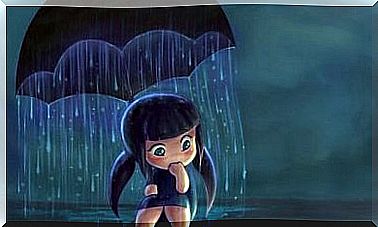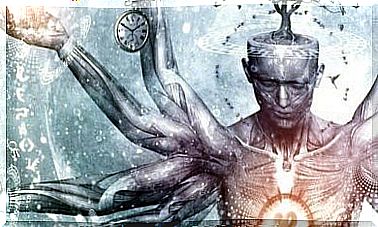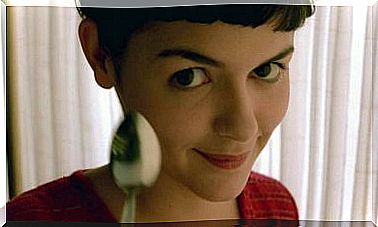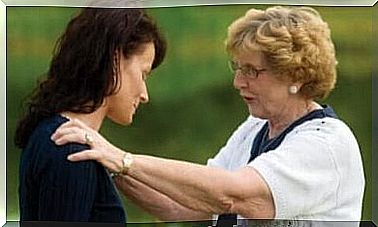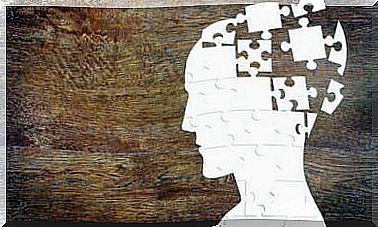In Seeking The Good Of Others, One Finds His Own

The boomerang effect or the principle of action tells us that “Every cause has its effect and every effect has its cause”. Thus, positive thoughts, feelings or actions have a positive impact on us. Conversely, if they are negative, it will be the opposite. When we wish good for our fellow men, whether through a thought, a feeling or an action, we automatically open the doors to our own good.
Hence the importance of being attentive to our way of thinking, feeling and acting. Know that what you do will affect what you face in life. Giving a glass of water in exchange for a glass of water only applies the principle of reciprocity. True greatness is giving back actions that are of greater value.
Everything we do to others, in a way, we do to ourselves as well. The key is to fuel our good deeds from good deeds, not from what we receive in return for what we have previously received. Most people who stand out for doing good despite difficult circumstances are driven precisely by their own energy which inspires them to do what they do and not for what they will get in return.
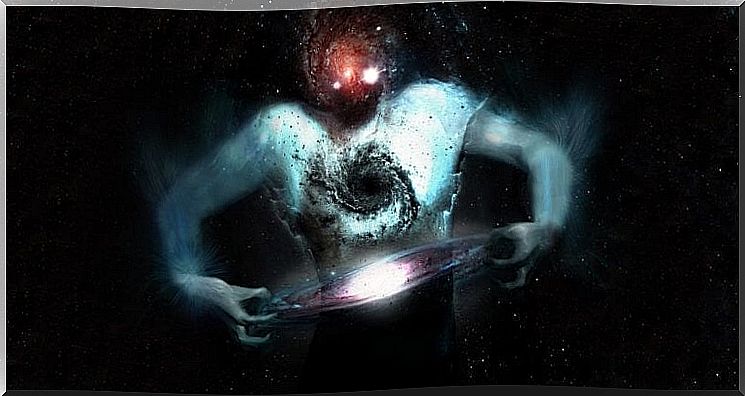
“Seek the welfare of as many people as possible, and often you will find faces that inspire you with joy.”
-Alessandro Manzoni-
Punish those who envy you by doing them good
It is said that great changes begin with oneself and although the world sometimes seems a hostile place, there are small actions that make it possible for us to come to terms with it. We’ve all heard the popular saying “Do good and don’t look at whom”. It is about doing things according to our own values, regardless of who benefits from the benefits.
This popular saying teaches us that we don’t need endorsements or comparisons to do things right. From this point of view, good is almost always united with a disinterested form of proceeding and this is where the reward is found.

Desiring evil for others affects us in a negative way, causing feelings of unease and resentment. No one is fully happy wishing others to be unhappy. Usually, it’s people who feel bad who want others to feel worse.
“A moment is enough to make a hero, but it takes a lifetime to make a good person.”
-Paul Brulat-
The notions of good and evil
The part of philosophy that studies human actions, calling them good or bad, is ethics. Ethics tend towards the success of good, but not all philosophers understand this end in the same way. For ethics, good is the desirable, the opposite of evil, which is the unwanted.
Cultural relativism accepts that there are several conceptions of the good, an idea against which ethnocentrism is less permissive. But even so, there are actions that are inherently good or bad, because they are morally acceptable or repudiable by anyone. Helping others is the maximum expression of goodness, and attacking others for the sheer pleasure of doing harm can be considered one of the maximum expressions of wickedness.
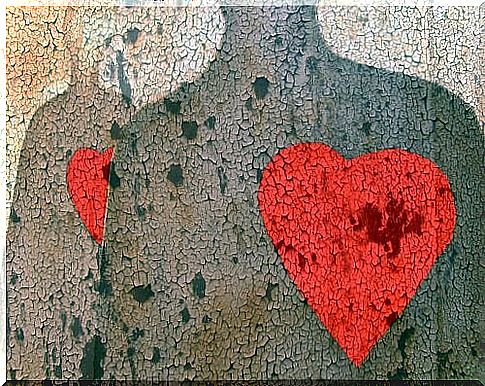
The dispute between good and evil demonstrates that ethics is a battleground. But it is also what shows that it is not something purely relative. Some behaviors are better than others, better in absolute terms, not better for someone or in relationships with specific cultural norms.
With all due respect to the few assassins or terrorists, the good is in the majority but cannot be seen because it is silent. In the words of Facundo Cabral, “ A bomb makes more noise than a caress, but for every bomb that destroys us, there are millions of caresses that fuel life. ”
“You will see that the evils of men are the fruit of their choice, and that they seek very far the source of the good whereas it is in their heart.”
-Pythagoras-
Also read:


